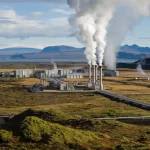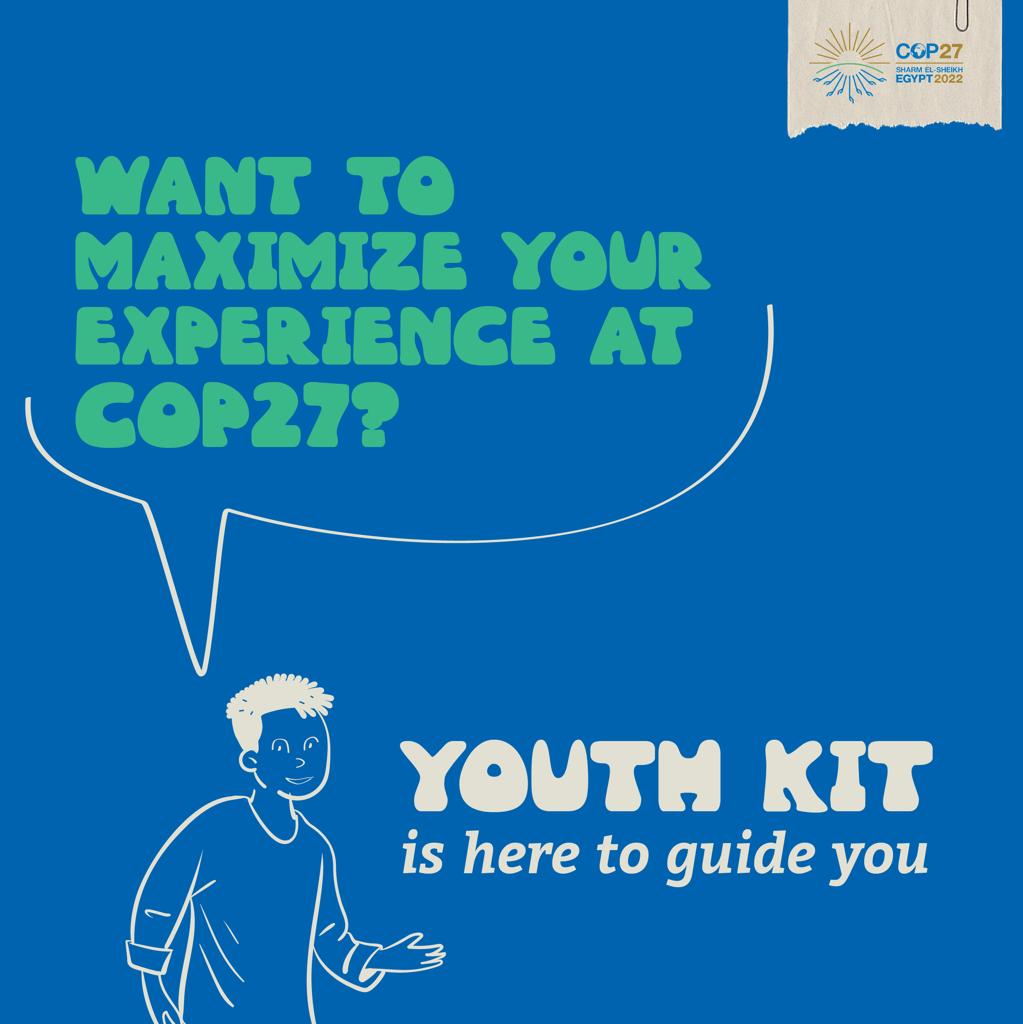The year 2022 was marked by 5 severe natural phenomena, which revealed the ugly face of climate change in Africa.
These phenomena included devastating floods in the west and east of the continent, a terrifying drought in the Horn of Africa, a shift in rainfall rates and seasons, and a frightening change in the map of environmental diseases, in addition to a noticeable decline in drinking water sources.
What are the repercussions and effects of the current and future? What is the extent of the continent’s ability to confront it?
Because of the catastrophic effects left by the five phenomena, about 300 million Africans are now facing the threat of food insecurity, the spread of diseases, and the loss of local economic resources such as agriculture and livestock, and the recent drought threatens safari tourism in countries such as Kenya, where reports record the death of large numbers of wild animals. .
What increases the risks of climate change is the rapid growth in the population of the continent of Africa, which has exceeded one billion people, according to a report issued by the United Nations Population Fund last October.
Abiola Dorodola, a specialist in urban affairs in Nigeria, points out that the impact of climate change on his country, which has a population of more than 215 million people, was embodied in the floods that swept large areas of southern Nigeria, killing more than a thousand people and destroying housing and infrastructure worth an estimated price. In millions of dollars.
Unusual winds swept through northern Nigeria, causing great human and material losses, and serious repercussions resulting from climate change phenomena caused great population pressure on large cities.
Features of the crisis
● Most countries in East Africa are experiencing the largest drought since 1980, with countries such as Somalia, Ethiopia, Kenya and Sudan witnessing very disturbing droughts that have reached 90 percent of Somalia, according to a recent report by Oxfam. Food security and an acute shortage of drinking water, which raised the rates of displacement and migration in an unprecedented way.
● Along the western coast of Africa, several countries witnessed strong winds during the year 2022, which experts believe is mainly caused by the continuous razing of forests and the unjust felling of trees, for the purpose of planting, selling wood, or burning it to obtain coal.
● The crisis in countries such as Mali, Niger and Mauritania is clearly embodied in the widening of desertification, which has made life impossible for hundreds of villages in those countries.
The situation seems more painful in the east of the continent and the Horn of Africa, where most of the countries in the region are experiencing severe droughts.
The effects are not limited to African countries only, but also extend to international peace and security. As a result of the repercussions of climate change, civil conflicts have intensified in many countries, and illegal immigration rates for the population of the African continent have increased by more than 20 percent in 2022, compared to 2021.
What do the experts say?
Ahmed El-Tijani Syed Ahmed, who worked for many years in the field of climate change at the United Nations, confirms that there is no region in the continent of Africa that has not been exposed to a phenomenon of climate change, as the countries of the Horn of Africa, West Africa and other regions were hit by successive droughts and floods during 2022.
Sayed says that the response of African countries to the phenomena of climate change was uneven, as “their capabilities differ according to different governments and systems. Stable countries such as Rwanda, Kenya, Uganda, Senegal, and Ghana have allocated budgets and programs to confront climate change, but the implementation of those programs was not sufficient in most cases, while countries such as Sudan Somalia and the African Sahel countries did not have specific programs and budgets.












